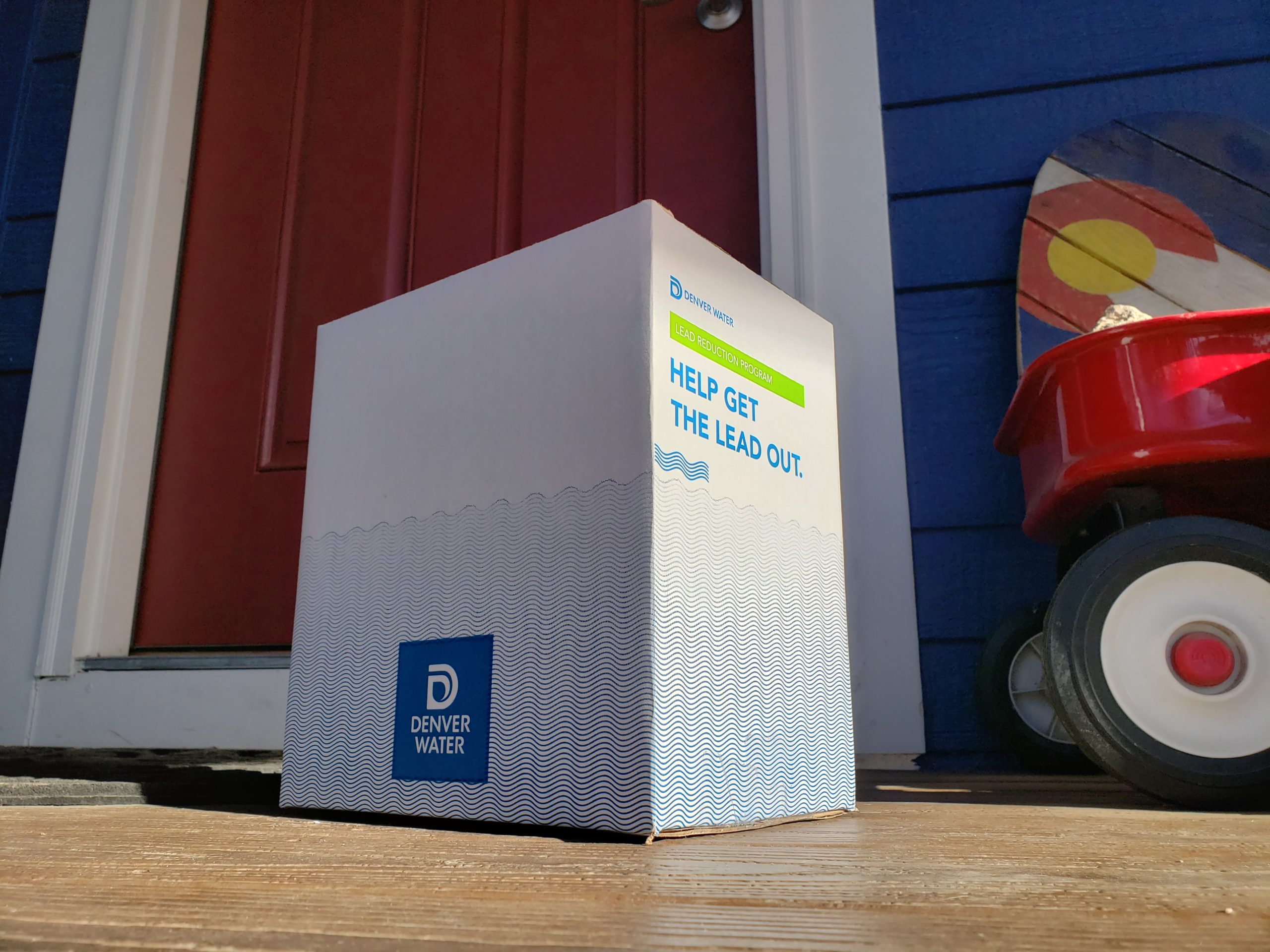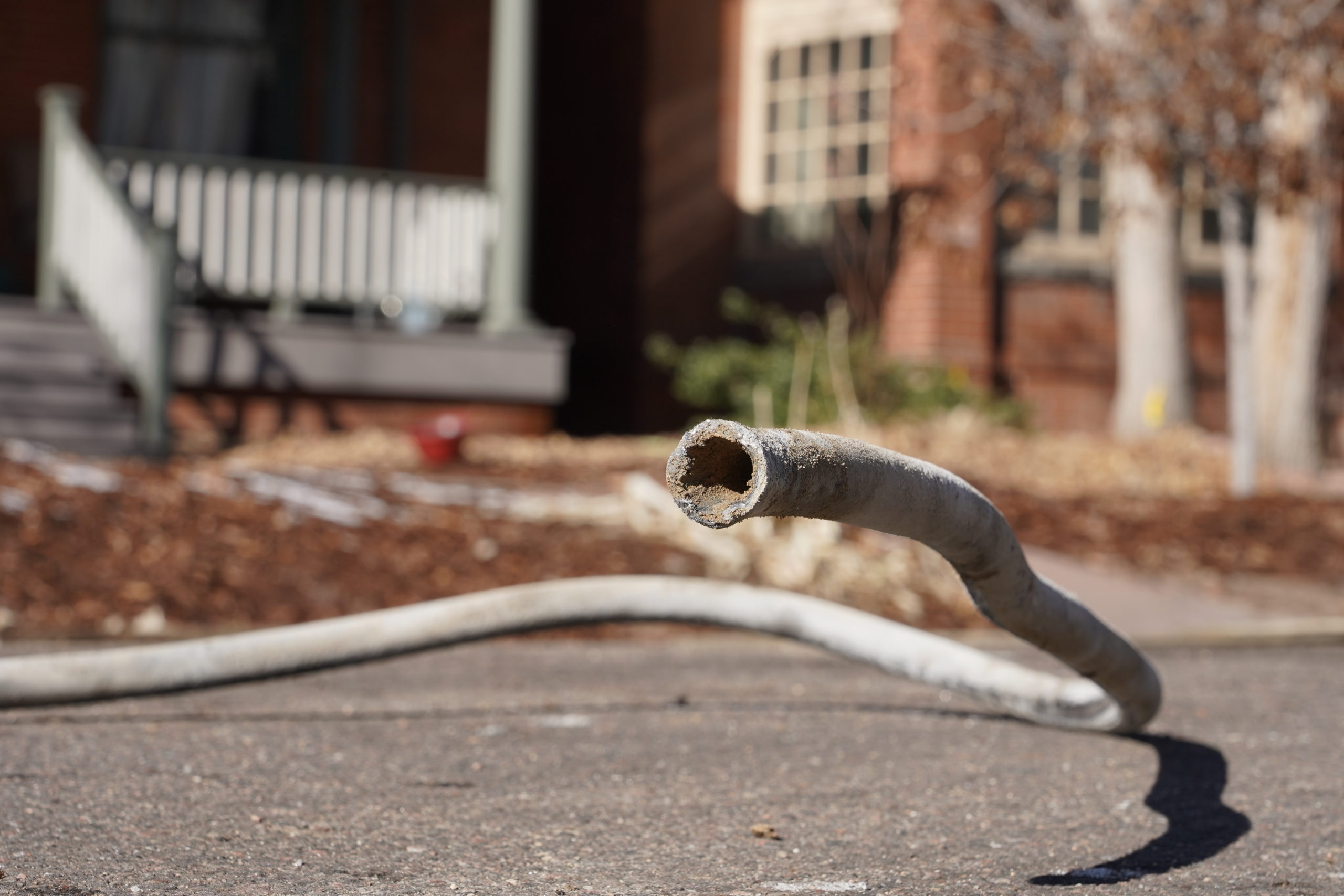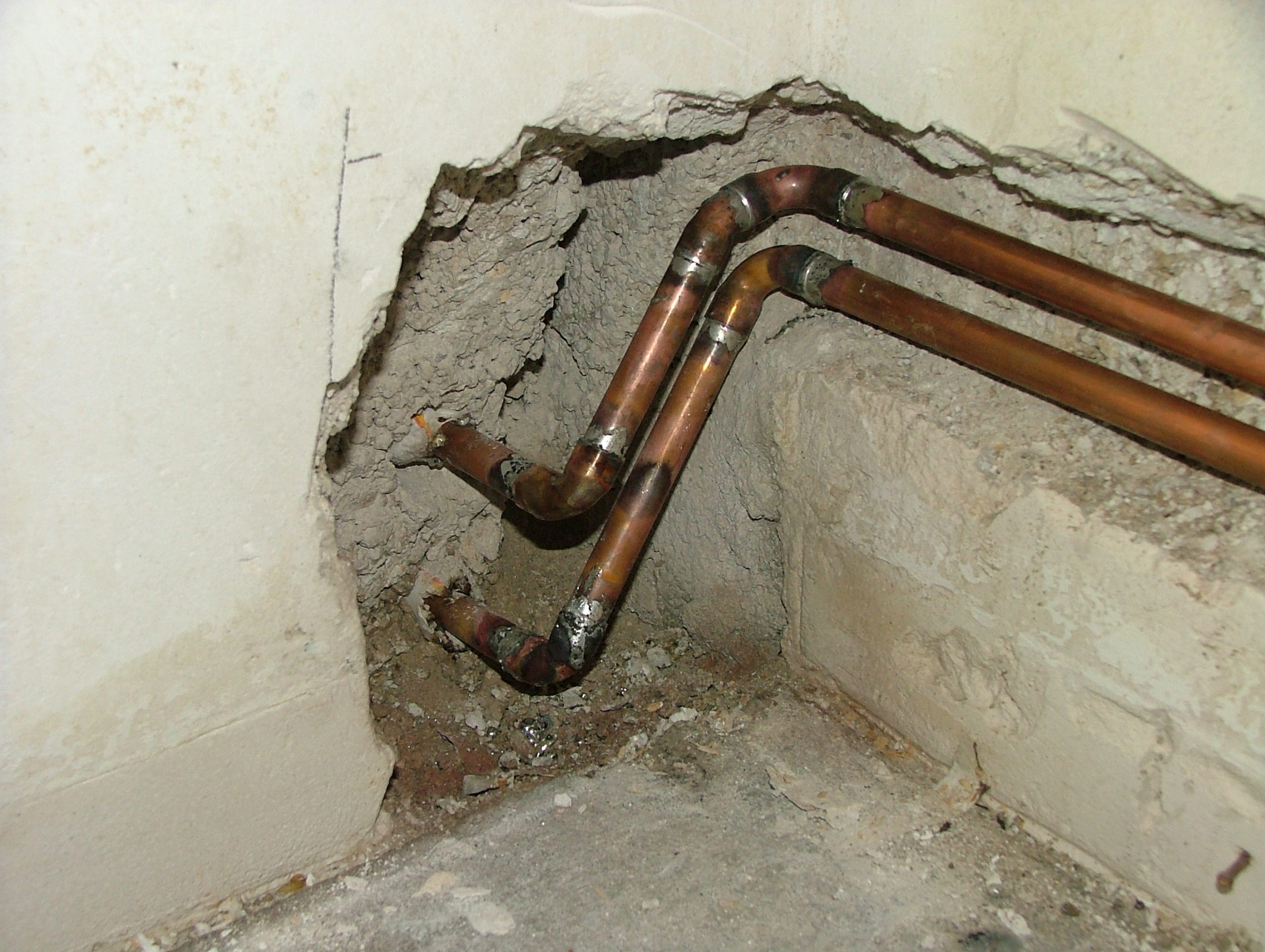
You received a water filter from Denver Water. Now what?
This is a Public Service Announcement: If you receive a water pitcher from Denver Water in the next few months, know that it has nothing to do with COVID-19.
The water the utility delivers to 1.5 million people in the Denver metro area is completely safe.
But some older homes in our community have or may have a lead service line, the customer-owned pipe that brings water into the home from the main in the street, or lead plumbing or fixtures in their homes.
Once again: The water Denver Water delivers to your home is lead-free and virus-free.
The Brita pitcher and Longlast water filter the utility is sending to more than 100,000 homes now through the summer are part of Denver Water’s Lead Reduction Program.
The program also calls for Denver Water to replace the estimated 64,000 to 84,000 lead service lines that are in its service area — at no direct cost to the customer. But that will take 15 years.
So, we’re sending the pitchers and filters certified to remove lead to these customers part of the program until we can verify, and ultimately remove the lead line at their property. They will also receive replacement filters until six months after the line is replaced, or until Denver Water confirms that the property doesn’t have a lead service line.
If you receive a filter, please carefully read the manufacturer’s information and instructions for use. This video can be used as a guide to walk you through the process:
(January 2022 update: Your pitcher may look different from the one in the video, and the “Longlast” filter is changing names to become the “Elite” filter. The name change will not affect the filter’s ability to remove lead from drinking water when used according to the manufacturer’s directions.)
If you haven’t received a filter yet, but are curious if you are part of the program, check out this interactive map and type in your address. In Denver Water’s experience, homes and buildings built prior to 1951 are more likely to have a lead service line.
In addition to replacing all lead service lines at no direct cost to the customer, Denver Water in March increased the pH of the water it delivers to reduce the risk of lead getting into drinking water.
Increasing the pH of the water from 7.8 to 8.8 on the pH scale will strengthen an existing protective coating inside of customers’ lead service lines and household plumbing and fixtures that contain lead. This coating forms a protective barrier between the water and the lead-containing metal, reducing the potential for lead from the metal to get into the water as it sits in a home’s pipes and plumbing.
While lead service lines are the primary source of lead in drinking water, there are other sources of lead.
Lead has been used for centuries in a wide range of things used by society, including gasoline, paint and water service lines.
Solder that contained lead was used in household plumbing to connect copper pipes until 1987. Also, household water fixtures and faucets manufactured before 2014 don’t meet today’s requirements for “lead free” fixtures.
The higher pH level in the water will protect all customers, whether they have a lead service line connecting their home to Denver Water, lead solder connecting their household pipes together, or a fixture or faucet that doesn’t meet today’s “lead-free” requirements.
Denver Water, along with experts at the state and federal level, has spent years studying the best way to reduce the risk of lead getting into drinking water.
And not even the COVID-19 coronavirus will stop Denver Water’s efforts.
When stay-at-home orders were issued in March at the local and state level, Denver Water adjusted the program to take advantage of opportunities those orders brought to light.
For more about the program visit, denverwater.org/Lead.



